Before Dahlia and Bambi gave me my first hood for my 30th birthday, I had always thought about masking from the perspective of the unmasked. The gimp1 is a compelling figure to us as a family, a creative, artistic, political, sexual, and erotic inspiration occupying the same elevated status as the foot or piss.
But until I began to play with it from the other side, hoodedness was fairly one-dimensional to me. I was used to depriving other people of their senses with this kind of implement, but hadn’t had mine similarly deprived. I already knew that from the outside, the masked is a spectacle. It can be very entertaining to watch another adult choose to be humiliated or objectified, especially if they are attempting to render services or accomplish tasks that the mask (perhaps along with other accoutrements) makes difficult, or even impossible.
It’s different inside the mask. From in there, one can certainly appreciate the humor of being ridiculous, the freedom of being the fool. But there’s more to it. If you are ashamed of your body or what it does, the mask can hide your shame, freeing you to be unbearable. If you are afraid to see what you, or your tormentors, are capable of, the mask can conceal it from you, to be revealed in more digestible bits and pieces, or to be kept from you forever. If you struggle with anxiety, prompted by the challenges of a scene or life more generally, the mask will produce calm for you by dimming the lights, restricting your movement, forcing you to breathe more slowly and intentionally; like other kinds of bondage, the mask is a regulation hack.
Over the years, I’ve begun to occasionally wear my mask out of scene, usually when I’m alone in my room, in order to enjoy the relaxation it can facilitate. It reminds me of the series of cockatiels we had when I was a kid2. At night, we put a sheet over their cages; we were told that darkness made them go to sleep immediately. I don’t know if this is strictly true of cockatiels or any other birds, but the idea of a being who can gain and lose consciousness at your will is almost magical (perhaps this is where anesthesiologists come from). Of course, I don’t fall asleep when I put the mask on, or when the mask is put on me, but the way it changes my body is instantaneous. There can be an immediate swooniness; or a sense of being taken away somewhere enchanted; or of transformation, of becoming a secretive creature, a watching witness, a little hider, a mischievous imp, a helping hand, a sexy victim, a nothing. The mask goes both ways, or maybe in all directions.
A not-insignificant pleasure of the mask is the tension between the insights and denials of self-containment. One must be brutally honest with oneself in determining whether presence/absence is generative or fallow; in knowing where the fantasy ends and reality begins. Am I going deeper, or am I hiding? Which is necessary, interesting, best for me in this moment? I find myself wondering what would have happened to Eurydice if Orpheus had had a mask. What about Medusa’s victims? What about Oedipus’ sex life? Whenever I watch a home invasion in a movie, I wonder what would happen if the victim simply refused to play ball. What if Drew Barrymore just didn’t answer the phone? What if Naomi Watts just hadn’t let those sexy boys into her chateau? Can anyone be saved by simply refusing to participate, by Bartlebying the guy in the Scream mask? Of course not. But it’s a lovely fantasy, isn’t it?
Last week, Jade and I watched Perfect Blue (1997), and I caught myself in that familiar line of thought: What if Mima hadn’t gone to the website made by the stalker surveilling her? But we know she couldn’t have saved herself in that way. It is a (sometimes violent) fantasy to insist that we can protect ourselves from danger by behaving perfectly. Conversely, we are not completely powerless, as much as that fantasy offers a unique relief of its own. Because if we didn’t have any power, they wouldn’t be so interested in taking it away.
David tweets at @k8bushofficial.
Though I haven’t yet made a serious effort to research the history of the gimp, I suspect that this term is ableist, though I don’t know for sure. Since I don’t also know of any alternatives, if anyone has any resources to either of these ends, I hope you’ll share them with me.
I love birds, but knowing what I know now about how so-called exotic birds are bred or brought into this country—not to mention my ethical concerns with forcing one to live in a cage—I doubt I will ever get to cuddle a cockatiel again.





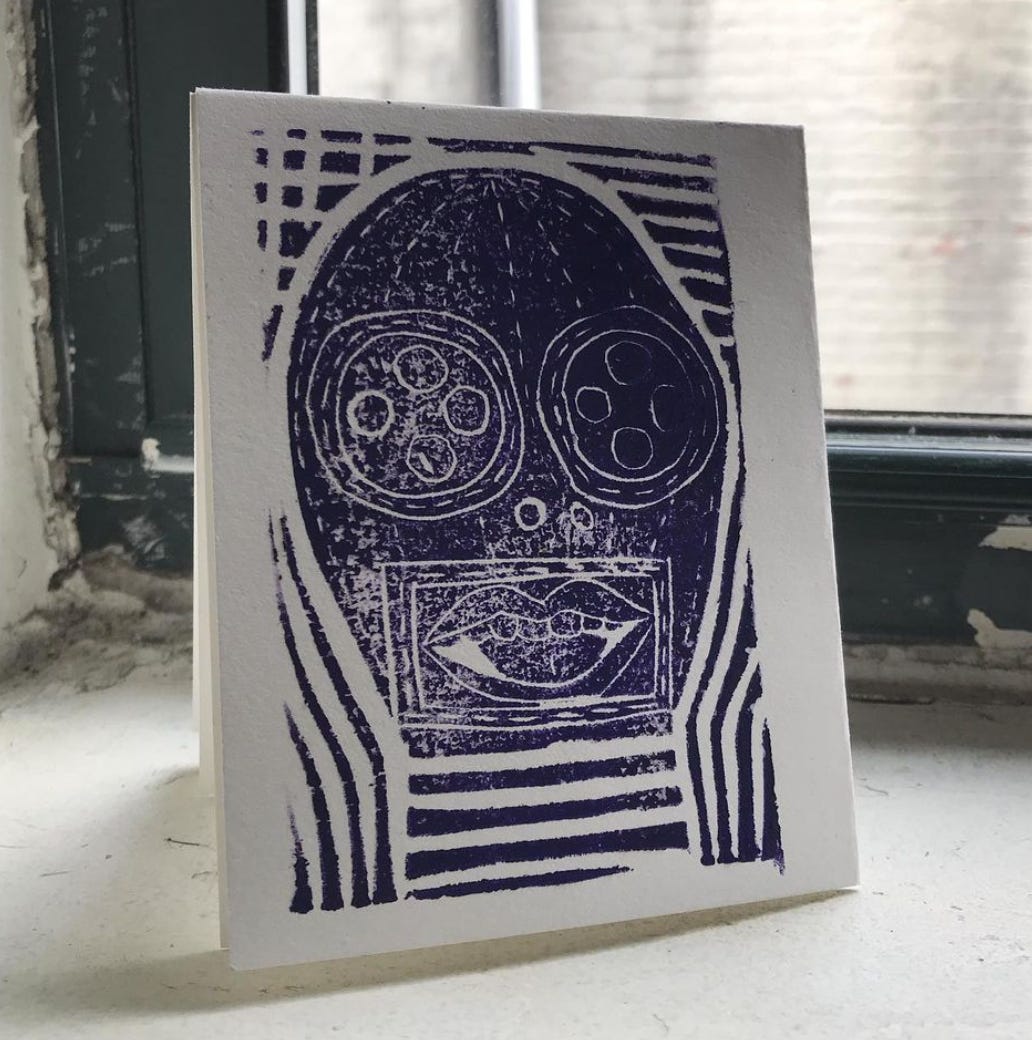


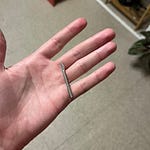
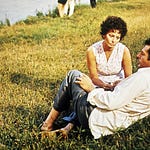



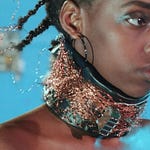
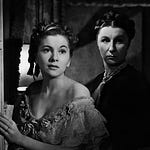
Share this post